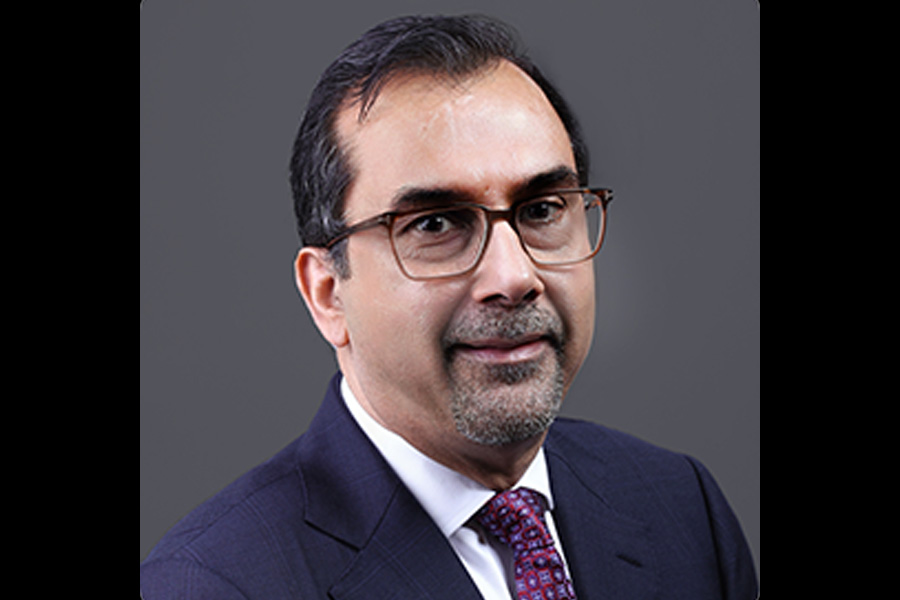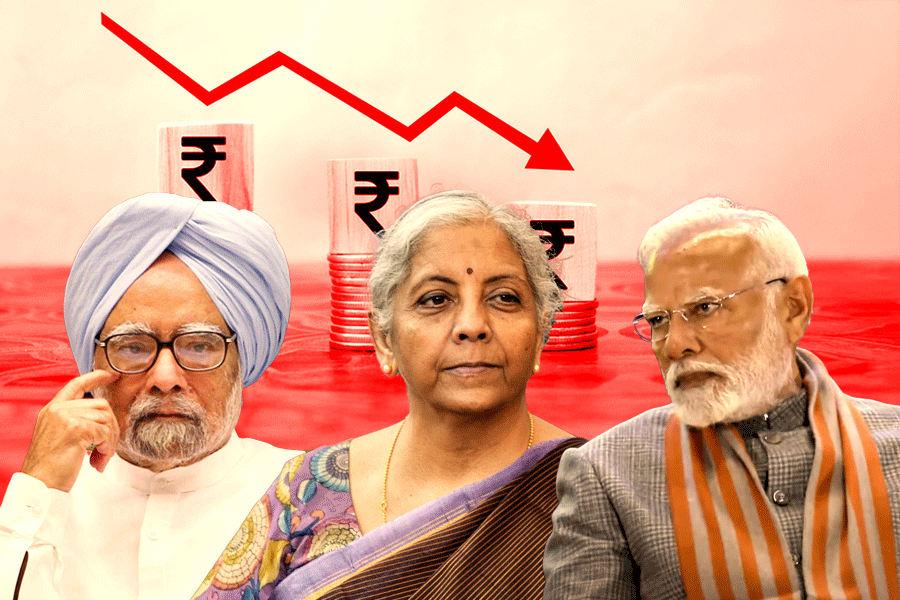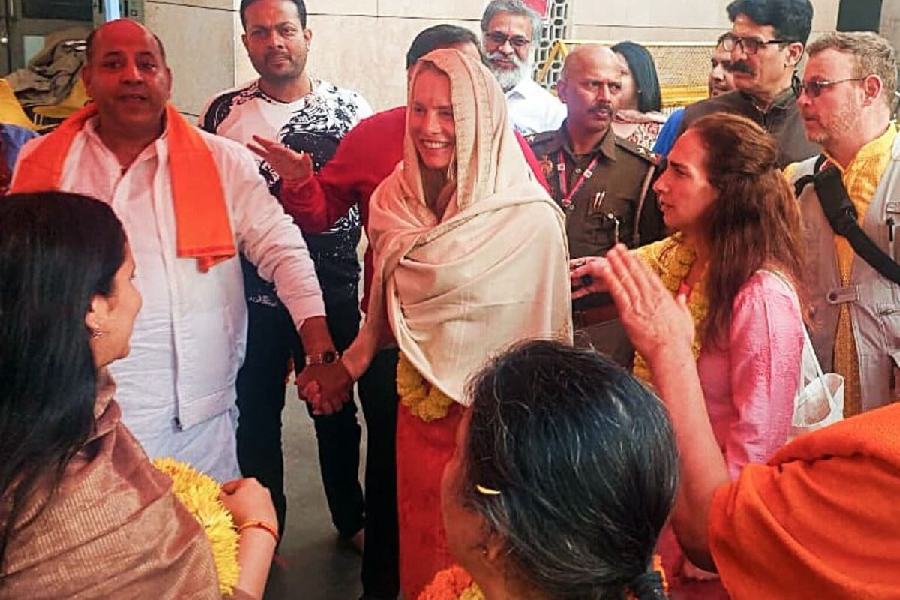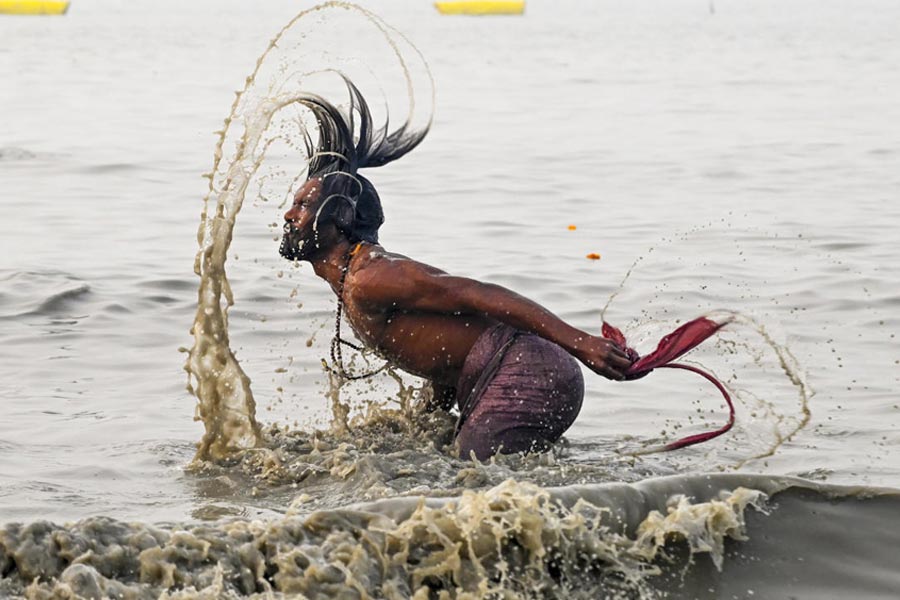One reason to make governors the chancellors of state-run universities was to prevent politicisation in educational institutions. The purpose seems to have been completely upended in recent years. In West Bengal, the state government’s relationship with the governor, C.V. Ananda Bose, declined sharply with allegations that Mr Bose tended to sit on bills and documents awaiting his signature, even when this stalled the appointment of vice-chancellors in a number of universities. Disagreements over the names of candidates supplied by the state government worsened the situation. In this strained atmosphere, the governor appointed interim vice-chancellors apparently without a word to the education department, which the Calcutta High Court did not find illegal. Now, with around 20 universities lacking vice-chancellors, the Supreme Court, approached by the state government and public interest litigation petitioners, has ruled that a series of search-cum-select committees will be formed by the former Chief Justice of India, U.U. Lalit. The expert committees will be constituted by him according to the subject focus of each university from names supplied by all disputing parties and he will head each committee himself.
The Supreme Court invoked its extraordinary powers under Article 142 to ensure justice through fairness, independence and transparency. The state government welcomed the judgment because it ruled that the names selected by the committee shall first go to the chief minister, who will arrange them in order of preference; the chancellor shall choose from this list. But it cannot be desirable for governance that the Supreme Court should have to intervene to prevent further damage to students. The order said that objections from either side to any name would have to be explained and all decisions reached within a fixed time, thus eliminating mutual accusations of unfairness and delay. In case of irreconcilable difference, the Supreme Court shall decide. Earlier the court had urged the governor to appoint those vice-chancellors regarding whom he had no objections and to sort out the problems with the chief minister. That no such conciliatory move was made is not laudable; it is an embarrassing and unpleasant impasse. A chancellor’s role may be ambiguous, but these problems keep occurring only in states where the governors and governments are also at loggerheads in other spheres. The strain is not sustainable; it threatens the logic and spirit of Centre-state relations.











